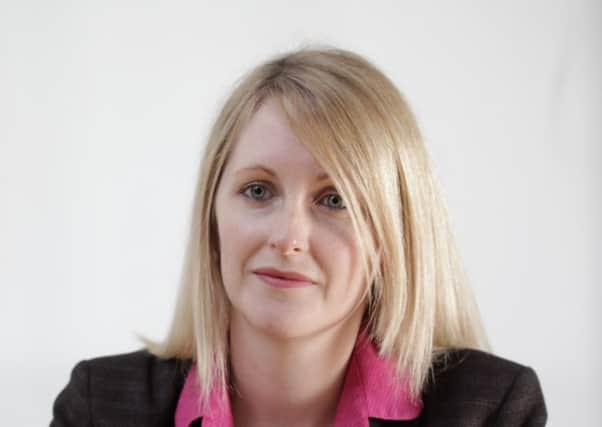Nicola Kerr: The future of civil partnerships


When the clock struck midnight on Hogmanay last year, the first same-sex marriage ceremonies took place. While the move was welcomed by many for bringing equality for same-sex couples, others were concerned that it would result in inequality for heterosexual couples, who cannot enter into a civil partnership.
South of the Border, same-sex marriage was introduced in early 2014. Later that same year, it was reported that a heterosexual couple filed a judicial review at the High Court in London as they felt that they were being discriminated against based on their gender and sexual orientation by virtue of them not being allowed to enter into a civil partnership. While they could marry, they felt it was a patriarchal institution and argued that in a democratic society any social institution should be open to all. They were not alone in the views that they held.
Advertisement
Hide AdAdvertisement
Hide AdThe Scottish Government last week launched a consultation on the future of civil partnerships in Scotland. The consultation is not “out of the blue” as during the passage of the legislation that introduced same-sex marriage, the Government said it would carry out a review of civil partnerships. It seeks views on three options:
1. No change – civil partnerships will remain available for same sex couples only 2. Stopping new civil partnerships being registered at some date in the future 3. Introducing civil partnership for heterosexual couples in Scotland
The consultation paper details the arguments for and against the first two of these options, but does not do so for the third option. It simply indicates that the Government is not persuaded that opposite-sex civil partnership should be introduced in Scotland, and lists the reasons as to why such a view has been reached. Amongst these is that the recognition of opposite-sex civil partnership outwith Scotland would be limited; demand would be low; there would be “disproportionate costs”; and opposite-sex couples seeking to enter into a registered relationship have the option of marrying.
With regard to the second option, many will be wondering where this would leave same-sex couples who are already in a civil partnership. The Scottish Government has however indicated that existing civil partnerships would continue to be recognised, which is a similar position to that in Denmark and Sweden.
Wearing my lawyer’s hat, and looking at things from a legal perspective, the position of civil partners and married couples are almost exactly the same. Against that background, some will say that the debate is academic. However, there are those that feel very strongly that civil partnership should be open to all, no matter their gender or sexual orientation.
Whatever camp you fall into, if you wish to express your view, the deadline for responses to the consultation is 15 December 2015. We await the outcome with great interest.
Nicola Kerr is an associate in the personal and family team of law firm Brodies